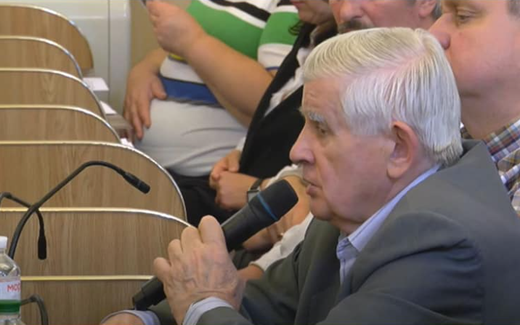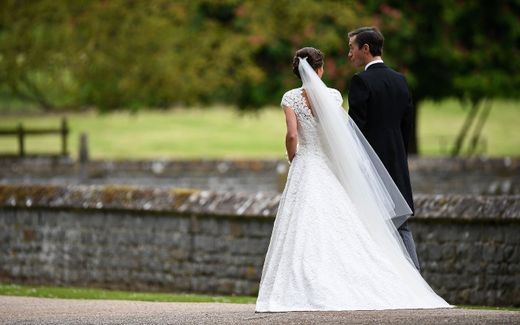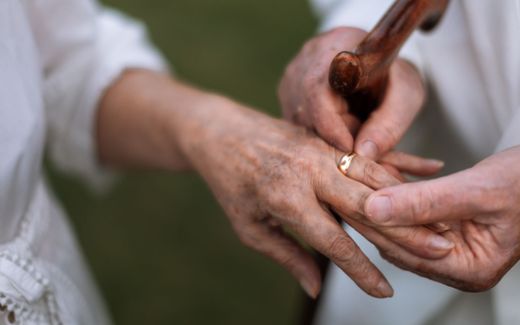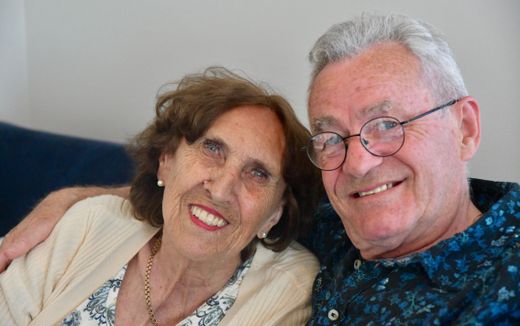Is the marriage vow out-dated?
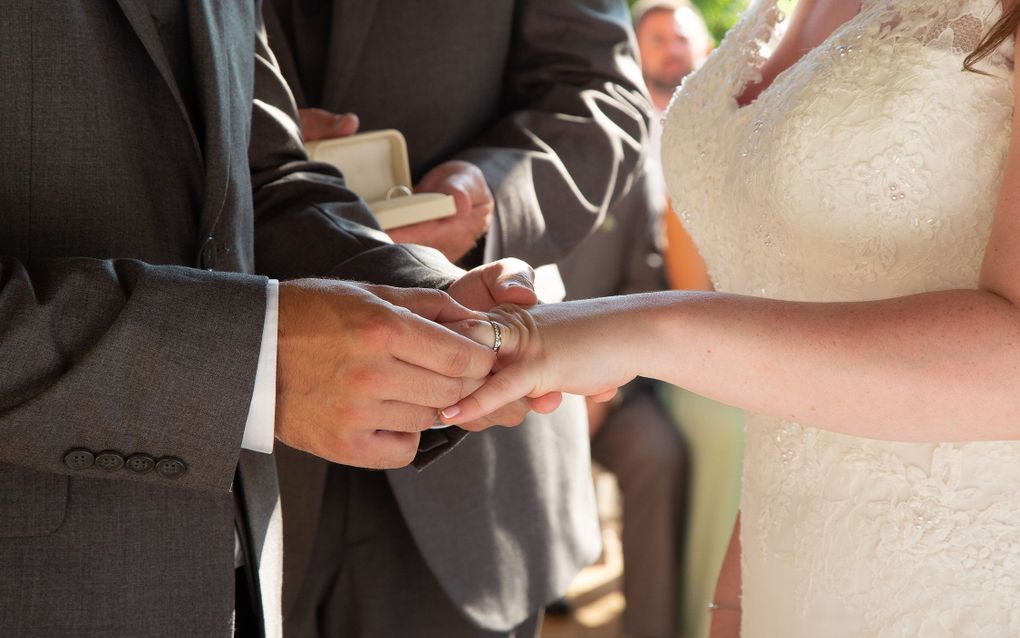
Couple tying the knot and exchanging their wedding rings. Photo Unsplash, Lyndsey Mitchell
Northern Europe
Till death do us part. Every married couple vows to stay with the other for the rest of life. Many spouses, however, fail to keep their promises. Is it time to change the vow?
‘Yes’ is most likely the most important word said during a wedding. With it, the bride and groom promise to stay faithful to each other for the rest of their life "until death does them part."
In Denmark, the later wording is questioned, Kristeligt Dagblad reports. Priests consider whether the wedding ceremony can be adapted to fit marriages that last shorter than a lifetime. Because they reason, why would you make people promise something they probably will not do?
Uncontrollable
Priest Helene Reingaard Neumann came up with the idea of a different wording for the wedding vow. Even though she says she has great respect for the liturgical work of the folk church, which is rooted in 2000 years of history, she is not opposed to a different formulation.
She refers to Paul's words: "Above all these, put on love, which is the bond of perfection." According to the priest, this means that it is God's love that is "tied around the common life." Reinhard Neumann believes that, by promising, for example, "until love separates you", the couple shows that it is aware that "love comes over us from outside and is uncontrollable."
Reality
She points out that every other couple gets divorced nowadays. "If you were to be accommodating in relation to that reality and at the same time show respect for the fact that love is a gift that is given to you, you could argue that you should say something else during the wedding ceremony than "till death do us part,", Neuman says. On the other hand, she recognises that the current form of the vow is a "declaration of intent that you believe wholeheartedly at the moment of the wedding."
Kristien Helboe Johansen sees the discussion as a larger debate on whether the traditional wedding ritual meets the current needs of the population, she tells Kristeligt Dagblad. The wording "until life do you part" is an attempt "to take the divorce rates seriously", she argues. And, she adds, it is also suitable for those who do get married to each other for the rest of their lives.
Predictability
Parish priest Peter Nejsum disagrees. He acknowledges that many people get divorced, he says to Kristeligt Dagblad. But he argues that changing the wording is not in line with what a promise actually entails. "Philosopher Hannah Arendt defines a promise as an island of predictability in a world that is unpredictable and uncertain. That is the reason we make promises", he explains. "But the prerequisite of promising is that you don't know what is going to happen and whether you will be the same tomorrow as you are today. It is, therefore, in the nature of the promise that there is an uncertainty associated with it." That means that people should keep their promise as far as they can, he believes. "But at the same time, one must recognise that a promise risks being broken."
Adapting the promise to what people can keep is not a good idea, Nejsum says. "If you don't want to promise too much, then maybe you should not."
Loss
In the meantime, the debate has reached Norway as well. There, the opinion seems to be a little more traditional. Norwegian priest Vibeke Bergsjø Aas says to Vart Land that she would consider a change of the traditional vow a loss. "It gives a different weight to promising that you try to stay together until death do you part." She points out that spouses who say yes, have no idea what they are saying yes to. "You never know what the good and bad days will bring. You say yes to wanting; you don't say "I promise", she says.
Also, church council leader Kristin Gunleiksrud Raaum is in favour of keeping the marriage vow the same. Even though she is in her second marriage, she says that "love has the perspective of eternity" Vart Land writes. She and her husband were about to divorce when he became seriously ill and passed away.
Eternal love
Yet, she believes in eternal love. "I think the difference for many is that they know more about what marriage actually entails. The promise does not become any less real. But society has an ideal of romantic love as a kind of definition, which means that when the romance is gone, so is the love."
Danish Couples and psychotherapist Søren Holst also does not think the vow should be changed. He says that people cannot love each other until death does them part from within themselves. "But you still have a choice, and to love, you choose to do that every day. With the help of the Creator of the world, you are able to keep the promise."
Related Articles



